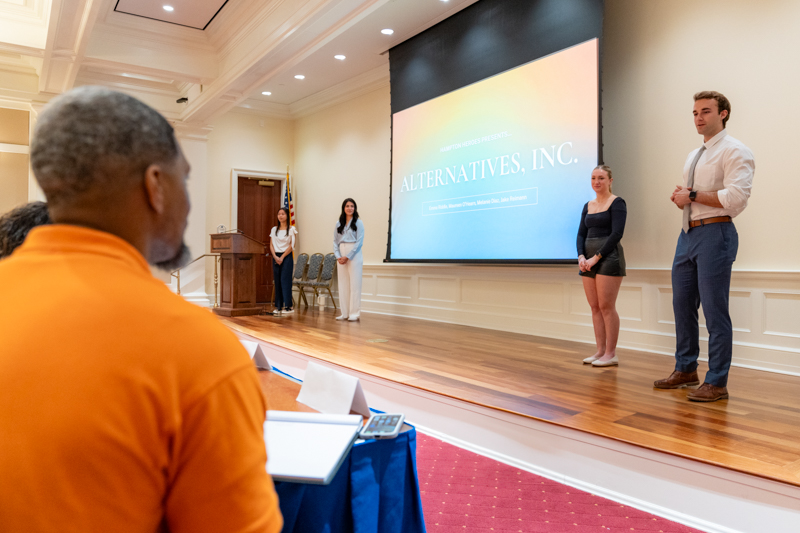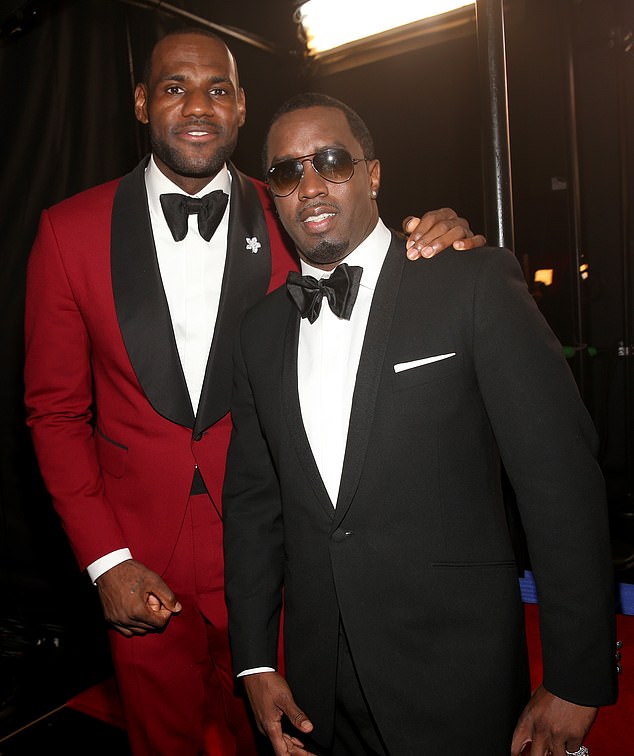Except, that doesnât work anymore. What once was aspirational is now exclusionary, making customers (whose spending makes these types of trips possible) feel invisible due to their lack of followers.
Tarte Cosmetics is learning this the hard way through the backlash itâs receiving for its âWelcome to Trippinâ With Tarteâ campaign, specifically the trip they sponsored for 30 social media influencers to Bora Bora. The trip consisted of flights on private jets for influencers and their plus ones, a four-night stay at the Four Seasons Resort Bora Bora and rooms filled with gifts upon arrival.
The subsequent social posts by the influencers have sparked a wave of negative feedback online from Tarte consumers.
The sentiment of exclusion is exacerbated by influencers on the trip using Fergieâs song âGlamorousâ for their TikTok featuring them on the private jet for the trip. Specifically queuing up the lyric âif you donât have no money, take your broke ass homeâ really drives home the point that this is a parade of haves, and yet this display was created to make people want to hand over their purses to Tarte.
You know, the broke people at home watching TikTok. According to the comment section, that will not be happening.
Now, a once passionate customer base canât wait to find a new product to purchase instead. Here are three brand lessons from the Bora Bora influencer trip that Tarte Cosmetics is learning the hard way.
Consumers want relatable
As an audience, weâve made it clear we want relatable content. Weâre busy watching all 50 episodes of Reesa Teesaâs story and going down other rabbit holes of peopleâs lives.
We want stories and connection. There is nothing relatable about seeing people who can afford a product getting whisked away on an all-expense paid trip just to get more product, while the rest of us try to get through our day. In reviewing comments, the one influencer that everyone was rooting for was Samantha Jo and her mom on the trip. She comes across as having fun and grateful for the trip. In one word: relatable.
Virality is not always positive
Tarte CEO Maureen Kelly has been here before, explaining in an exclusive to Glossy last year after the brandâs Dubai trip that the marketing budget is spent specifically on these trips and nurturing relationships with influencers. The major defense for these trips is the organic mentions they receive.
The trips always seem to go viral, but the problem is that virality is not an immediately positive thing. The âall press is good pressâ sentiment is alive and well for these activations, but it ignores a crucial perspectiveâthe customer.
Itâs worth noting that Tarte has stated that two of the people involved in the trip were customers who won a giveaway. This is a great start but itâs not enough when there are micro influencers and diehard customers who regularly create content, buy products and love the brand. This just proves that if you wanted to, you would. If you wanted to treat your customers, you would.
There are areas of disconnect in influencer culture
For Tarte, the influencers are creating brand-specific content, but itâs not landing when their customers and 78% of Americans are living paycheck to paycheck. And those customers who are struggling donât just consume content on social, they create it too, capturing just as much attention as some of the influencers on the trip.
In 2024, brands need to understand that influencers arenât the only creators on social. Devoted and/or disappointed customers are just as likely to get visibility for their videos sharing their experience. The backlash against influencer culture as we know it continues, with many seeing it as disconnected from regular peopleâs everyday experience.
One TikToker shared her thoughts on the negative reaction, saying itâs rooted in jealousy. Sheâs not entirely wrong, but jealousy is an output regardless of the sentiment. Itâs not a bug; itâs a feature. These brand trips are built from inspiring jealousy. The feeling of jealousy that will hopefully turn into aspirational purchases to try to emulate the person and their lifestyle.
However, that jealousy can just as quickly turn into vitriol when the content instead makes them feel taken for granted or underappreciated as a consumer.

Rewriting the playbook
Regardless of sentiment, we canât deny it gets people talking. For brand trips like this, the common rationale is validating mentions and earned media (like this article, for instance), but itâs a sign of a growing struggle facing advertising and influencer marketing as a whole.
Views and mentions donât necessarily correlate to revenue. The industry feels stuck in an attention economy, meanwhile we continue to see layoff after layoff. The boardroom may say they want mentions, but they make cuts based on revenue.
Tarte is alienating the customer and making it clear that this type of treatment is out of reach, all while itâs the Tarte customerâs purchases that make these trips possible. Itâs a reminder that they are paying for a lifestyle that is given to someone else, and they will look for a brand that can deliver the customer experience they want.
Itâs only a matter of time before a brand steps up to celebrate their customers and do the opposite of Tarteâs brand playbook.




